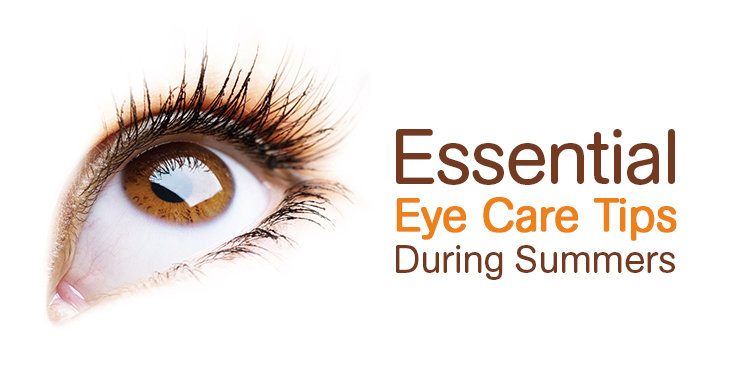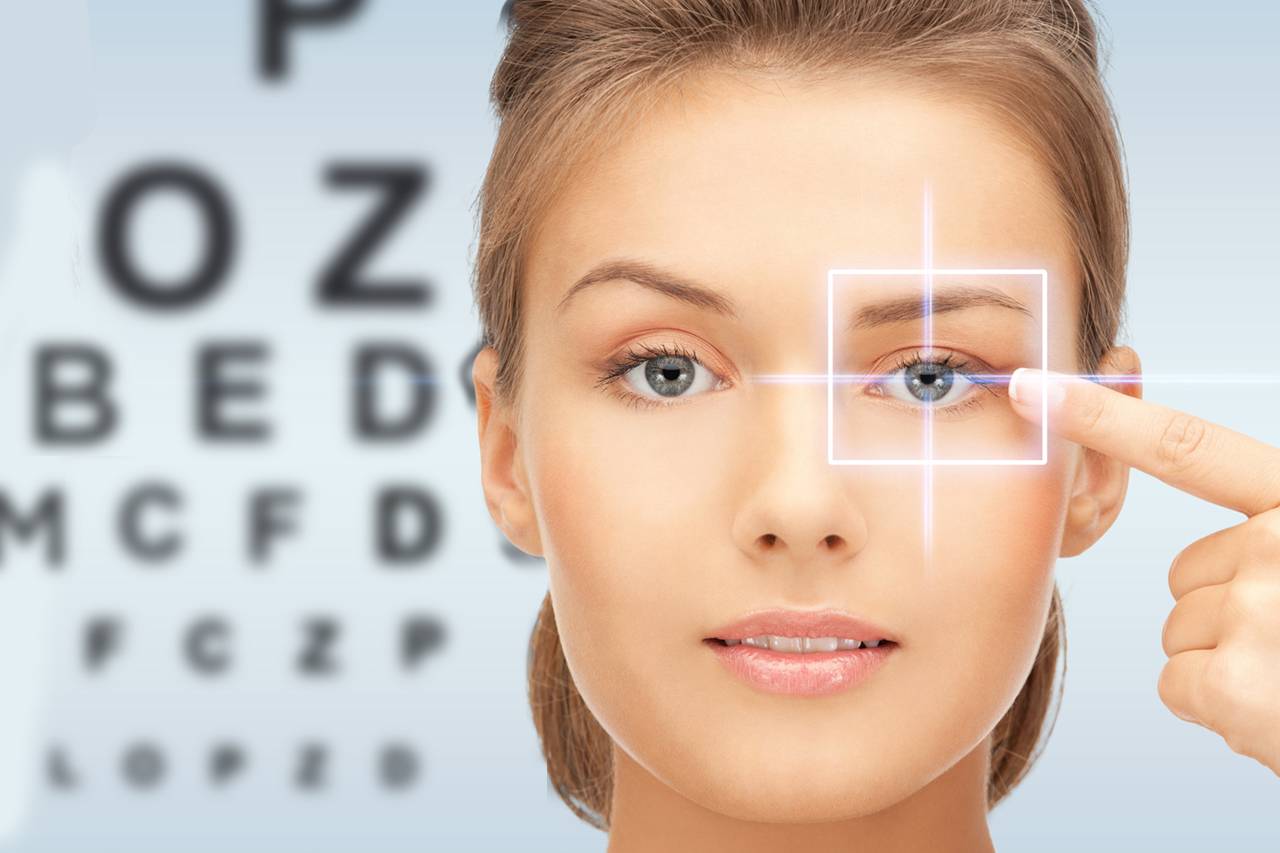Is Refractive Surgical Procedure Right for You? Factors to Consider for Better Eyecare
In the realm of eye treatment, the choice to undertake refractive surgery is a significant one that requires thoughtful consideration. From the ins and outs of one's eye health to the ins and outs of everyday habits and individual expectations, each aspect holds value in the broader landscape of refractive surgery candidacy.
Eye Health And Wellness Examination
When taking into consideration refractive surgical procedure, an extensive eye wellness assessment is critical to assess the viability of the procedure for each and every person. neurologist andalusia. This assessment includes a series of tests and exams carried out by an eye care specialist to determine the general wellness of the eyes, the existence of any type of underlying conditions, and the stability of the refractive mistake
Throughout the analysis, different elements are considered, such as the individual's case history, existing eye prescription, corneal thickness, pupil dimension, and tear movie quality. These analyses assist to recognize any contraindications to refractive surgical procedure, such as corneal irregularities, cataracts, or untreated eye infections. In addition, the examination aids to handle patient assumptions relating to the potential end results of the surgery based upon their special eye features.
Inevitably, the eye health analysis is necessary in making certain the safety and efficiency of refractive surgical procedure, as it offers beneficial insights into the individual's eye health standing and assists figure out one of the most suitable treatment alternatives for achieving optimal aesthetic outcomes. (cardiologist andalusia)
Lifestyle Evaluation
An extensive way of living evaluation is integral in establishing the viability of refractive surgery for a person's aesthetic correction needs. Lifestyle factors such as occupation, leisure activities, and day-to-day tasks play a crucial duty in the decision-making process concerning refractive surgery. People with careers that include a high level of physical activity or exposure to environmental aspects might have various visual requirements contrasted to those with less active desk work. Understanding how an individual's way of living may influence their vision post-surgery is crucial for taking care of assumptions and guaranteeing ideal outcomes.
Moreover, way of living practices such as sporting activities involvement, outdoor tasks, or also skincare regimens can affect the recovery process and total success of refractive surgery. People who engage in contact sports may need to take additional precautions to secure their eyes throughout the recovery duration. In addition, people with considerable sunlight exposure may call for additional post-operative treatment to prevent problems. By performing a thorough way of living evaluation, eye care specialists can tailor their suggestions and therapy strategies to satisfy the one-of-a-kind demands of each client, ultimately leading to improved visual outcomes and satisfaction.
Expectation Placement

Patients need to understand that while numerous individuals accomplish 20/20 vision or much better complying with refractive surgical procedure, some might still require glasses for specific tasks like analysis or driving at night. Handling these expectations helps stop disappointment and frustration post-surgery, leading to a more favorable general experience for the person.
Risk Evaluation

Variables that may raise the threat of complications consist of age, particular medical problems like autoimmune diseases, unsteady vision prescription, slim corneas, and impractical client assumptions. In addition, selecting a competent and experienced surgeon, complying with pre and post-operative treatment guidelines diligently, and revealing any kind of pertinent case history can aid minimize threats.
To minimize the likelihood of issues, ophthalmologists conduct detailed pre-operative analyses to determine any contraindications to surgical procedure. They likewise talk about the prospective risks and benefits with clients during the consultation procedure. By taking part in open communication and shared decision-making, both the eye doctor and the person can collaborate to establish if refractive surgery is the right selection based on specific risk profiles and preferred end results.
Assessment Relevance
Thinking about the essential duty of notified decision-making in examining dangers and possible problems in refractive surgical procedure, the consultation procedure holds considerable relevance in leading individuals towards optimum outcomes. During the examination, the eye doctor assesses the client's eye health and wellness, refractive errors, and total viability for surgical procedure. This initial analysis is crucial in determining the most suitable procedure for each individual, taking into consideration elements such as corneal thickness, student dimension, and existing eye problems.
Additionally, the appointment eye doctors in andalusia works as a possibility for clients to discuss their assumptions, issues, and any type of questions they may have regarding the surgery. Clear interaction between the surgeon and the person is vital to guarantee practical assumptions and a thorough understanding of the possible dangers and advantages included.
Additionally, the assessment permits the surgeon to clarify the different medical options readily available, their corresponding end results, and the post-operative treatment required. This comprehensive discussion empowers people to make well-informed decisions regarding their eye treatment, leading to far better satisfaction and end results post-surgery.
Conclusion
Finally, people considering refractive surgical treatment should undertake a thorough eye health analysis, evaluate their lifestyle behaviors, straighten their assumptions with potential outcomes, examine the involved threats, and focus on assessments with eye treatment experts. These aspects play a vital duty in figuring out the viability of refractive surgical procedure for each person, making sure optimum end results and complete satisfaction with the procedure.
Individuals taking into consideration refractive surgery typically have high expectations pertaining to the results, expecting best vision without the demand for glasses or call lenses. While refractive surgery can substantially improve vision and decrease dependence on aesthetic help, it is critical for patients to recognize that outcomes might vary based on private factors such as the degree of refractive error, corneal thickness, and total eye wellness.
By engaging in open interaction and shared decision-making, both the client and the ophthalmologist can work with each other to determine if refractive surgery is the ideal choice based on specific danger profiles and wanted end results.
Considering the critical function of informed decision-making in examining threats and possible complications in refractive surgical treatment, the consultation procedure holds substantial importance in guiding individuals towards ideal end results. Throughout the consultation, the ophthalmologist examines the person's eye health and wellness, refractive mistakes, and overall suitability for surgical procedure.